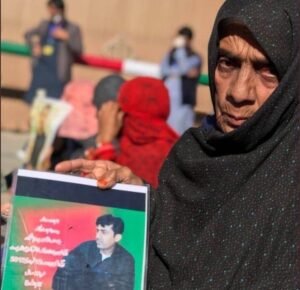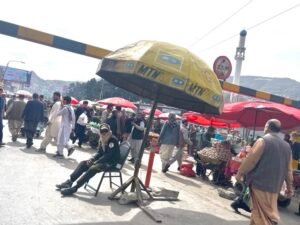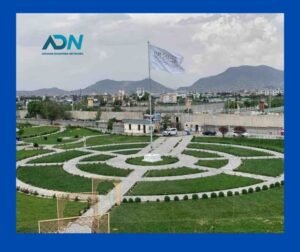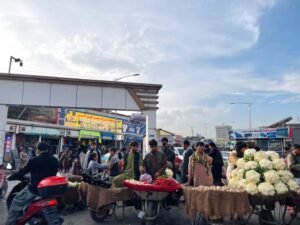In Denial of Own Issues, Pakistan Blames Afghanistan for TTP Problem
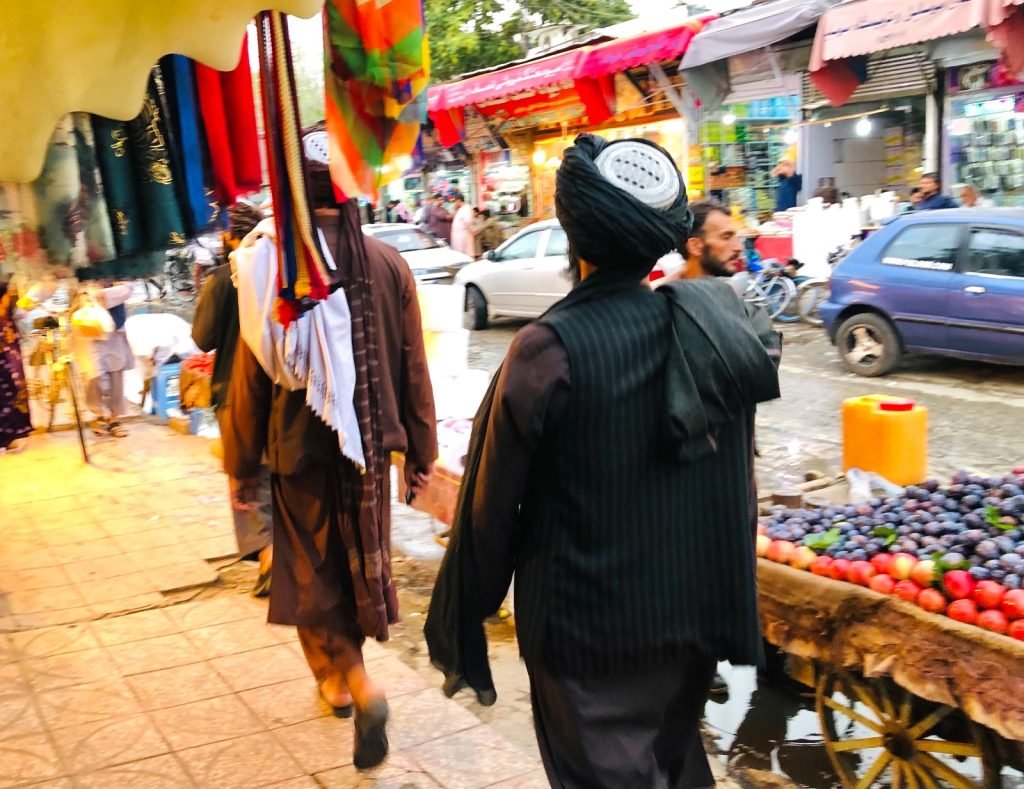
Photo: @AADIL
By Shinwari
Facing persistent attacks from the banned Tehreek-e-Taliban Pakistan (TTP), the Pak government and military do not seem to have a way out. The demands of TTP have varied over time, and the group has been using violence as means to make Pakistan accept them. One of its major demands of withdrawal of troops from the tribal areas of Khyber Pakhtunkhwa (KP) is a sore point with the Pak Army. The recent spike in attacks by TTP has made the civil as well as military leadership blame Taliban for the problem.
Pakistan portrays itself as a victim of terrorism claiming that TTP receives ideological guidance from al-Qaeda. Pak leaders further contend that the outlawed group provides a “safe haven” to al-Qaeda in the pashtun region around Af-Pak border.
Pak security forces have increased activity in the border areas and tightened controls at the border crossings since the TTP ended a cease-fire with the government in November 2022. Reportedly, a high-level Afghan delegation led by country’s Chief of Directorate of Intelligence Abdul Haq Wasiq recently visited Rawalpindi to discuss the issue with the high command of Pak Army. However, the deliberations could not progress due to the confrontational attitude of decision makers in Pak Army who squarely blamed the Taliban for the violence.
Pak Chairman of Joint Chiefs of Staff Committee Gen. Sahir Shamshad Mirza is said to have put some impractical demands before the delegation including banning TTP in Afghanistan. The Pak side also asked for Afghan support in eliminating TTP Emir Mufti Noor Wali Mehsud and other leaders. Apart from it, Pakistan wants the Taliban regime to refrain from establishing relations with India, asking it to prevent re-opening of the Consulates in Kandahar & Herat.
Pak Army also expects the Taliban regime to mount surveillance on diplomats and relief workers & engineers from the Countries in the region in Kabul. The visiting delegation however rejected the allegations of support to the TTP while demanding that Pakistan should first recognize the Taliban regime, independent of the international community.
Differences between the two countries have sustained over the frequent violation of Afghan air space by the Pakistani forces citing the disputed ‘Durand Line’. Pakistan’s vindictive insistence on its own view manifests into cruel attacks by its Army on poor tribals living through the uncertainty for more than a century now. Lately, there have been many instances of unprovoked firing by Pak forces on civilians crossing ‘border’ despite reminders from the Afghan side that such movements are within the framework of a bilateral agreement. The Afghan provinces of Helmand, Nangarhar, Kunar and Khost have suffered the most on this count.
Against Pakistan’s claims of being a victim of terrorism, the Taliban regime continues to highlight the sufferings of Afghan nationals at the border and inside Pakistan. Several times during the past year, the Afghanistan’s Foreign Ministry lodged protests with Pak Embassy in Kabul against violation of Afghan sovereignty by Pak aircraft/drones. Kabul also demands Pakistan to put an end to the harassment faced by Afghans using border crossings to travel to and from Pakistan. In Feb 2023, theTorkham gate, one of the central transition points remained closed for several days after border guards fired on each other. The crossing in Pakistan’s KP and Afghan province of Nangarhar is a key transit point for travelers and goods. Similarly, firing at the border town of Chaman killed at least seven people in December 2022.
While the border areas remain combat zones, poor Afghans living in the interiors of Pakistan are not spared either. Afghanistan government contends that its nationals living in Pakistan are harassed by the Pakistani authorities on flimsy grounds. A few months ago, several reports which went viral contained audios/videos of Afghans in custody of Pakistani authorities.
The harassment extends to Afghan females who are hassled on border crossings on the pretext of security. Moreover, Pak ISI is frequently found targeting staff employed at the Afghan Consulate in Peshawar. While the incessant violence has prompted Pakistan to contain the spread of TTP, the approach adopted by it is hardly realistic. Blaming Taliban for all the ills in the north-western region has not been productive and is expected to stay the same. Instead, Islamabad needs to acknowledge the fault lines that lie within its policies and its attitude towards Pashtuns. Years of neglect and discrimination have made the tribals take up arms and a solution of their problems cannot be come from some other country.
* Author chooses a single pseudonym. Shinwari is a freelance journalist based in Peshawar, Pakistan.
Note: The contents of the article are of sole responsibility of the author. Afghan Diaspora Network will not be responsible for any inaccurate or incorrect statement in the articles.





